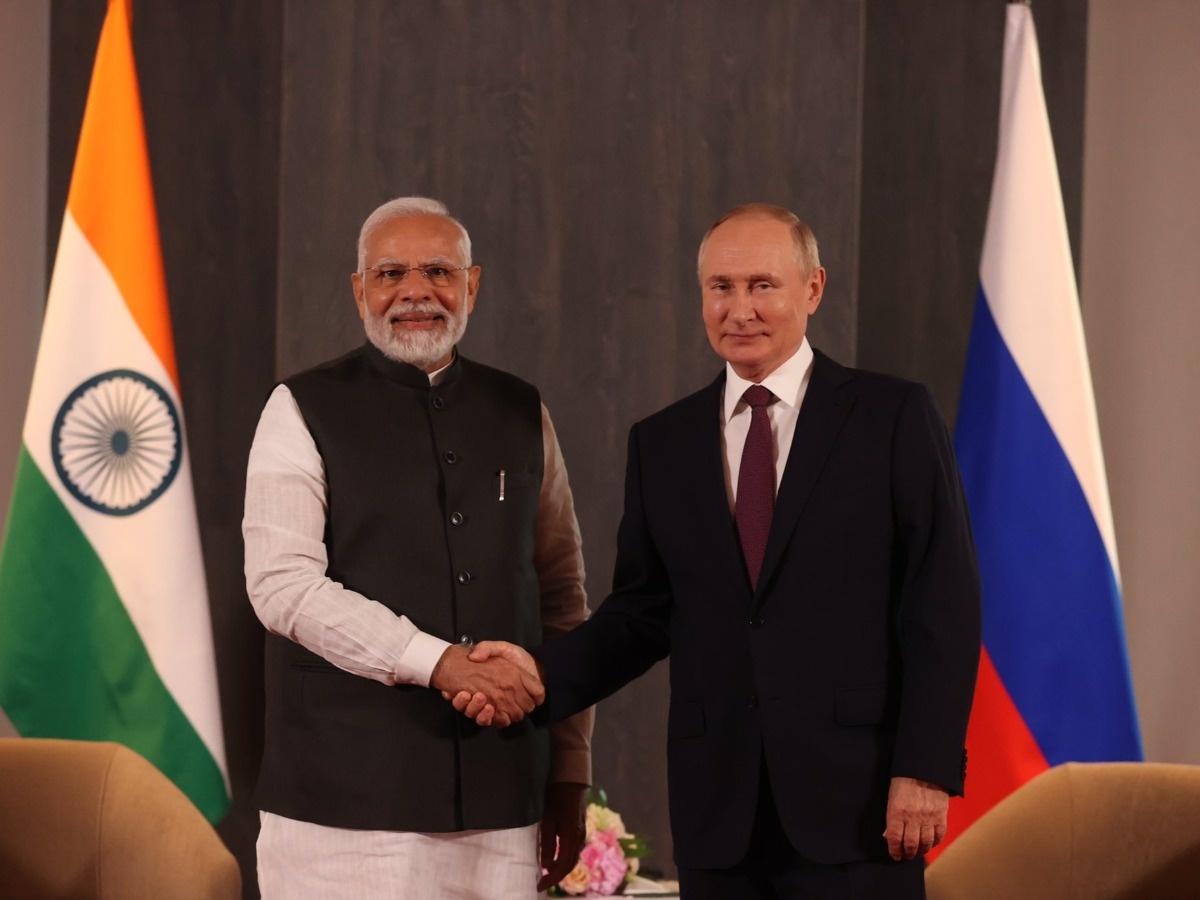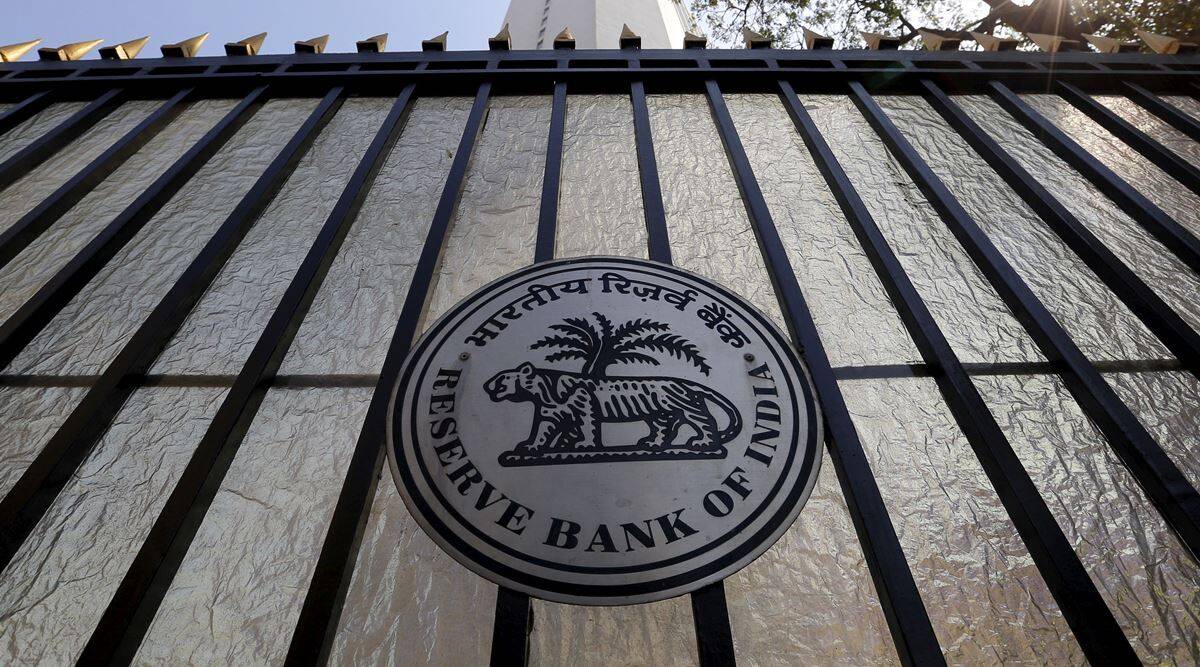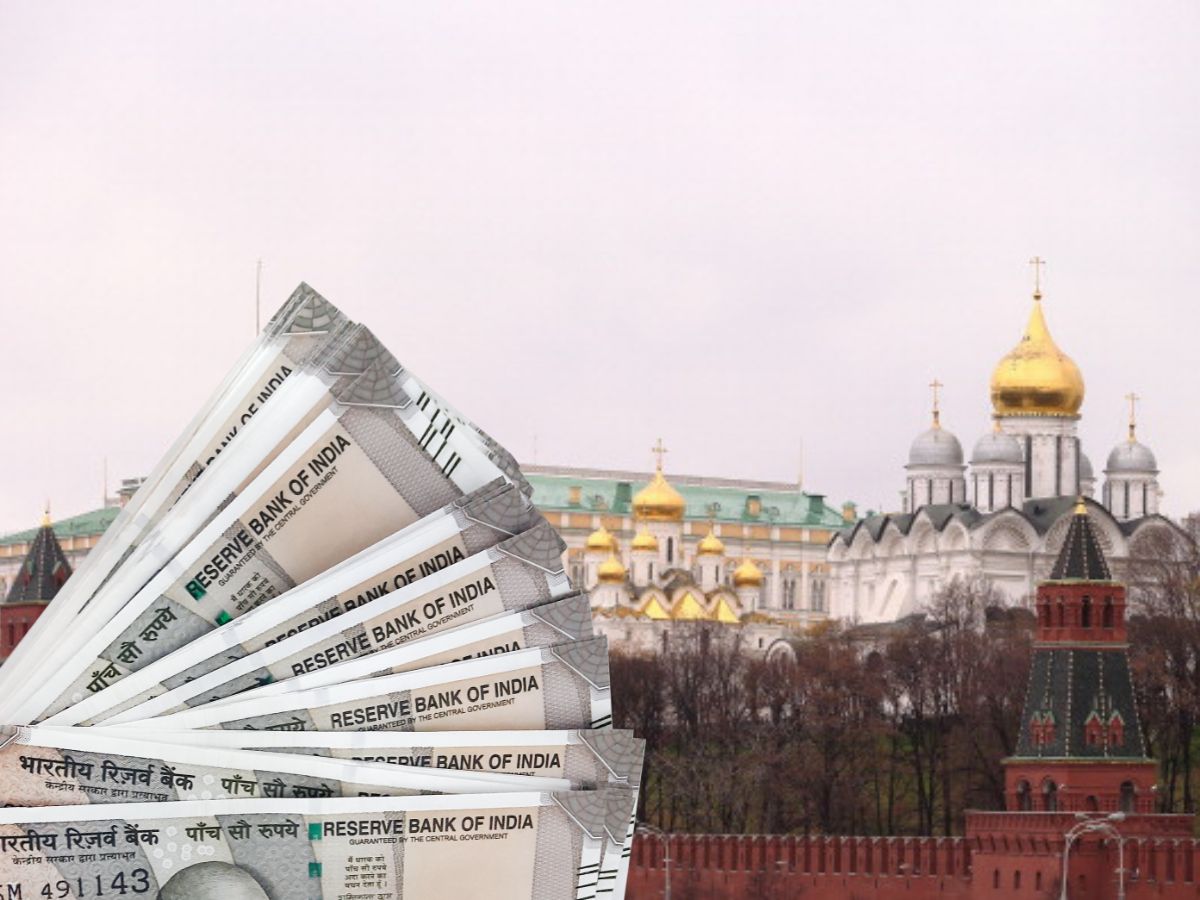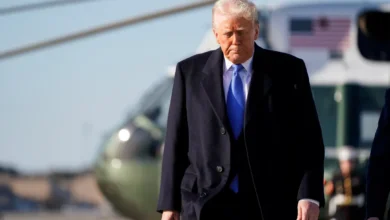RBI Approves 34 Applications of Russian Banks to Open Rupee Accounts in 2023

RBI Approves 34 Applications of Russian Banks to Open Rupee Accounts in 2023
India’s commerce with Russia has been hampered by payment issues brought on by sanctions against significant Russian banks.
According to state minister of Commerce and Industry Apupriya Patel, the Reserve Bank of India has granted 34 requests from various Russian banks to create rupee accounts with Indian banks to enable two-way trade in light of the sanctions.

In response to a question in the Lok Sabha, the minister stated that 14 Indian commercial banks had received the accounts from Russian banks.
The accounts have been formed following the RBI’s instructions for creating Special Rupee Vostro Accounts (SRVA) by international banks in Indian commercial banks, published on July 11, 2022.
According to the minister, the government has taken several measures to maintain and grow India’s exports to Russia, including payments in national currencies, the seamless functioning of the International North-South Transport Corridor, and the Eastern Maritime (Chennai-Vladivostok) Corridor.
India’s commerce with Russia has been hampered by payment issues brought on by sanctions imposed on significant Russian banks, including their disconnections from SWIFT and problems with insurance and reinsurance coverage.
Logistics is another difficulty that affects commerce with Russia since, according to the minister, the oversized shipping and logistics firms do not handle goods headed for Russia.

Since the crisis in Ukraine began, Russia has overtaken China as India’s fourth-largest import supplier. In the most recent fiscal year, India’s imports from Russia increased 368% yearly to $46.2 billion. Russia became the second-largest source of crude oil in 2022–2023. Russian crude oil imports were $ 31.02 billion in FY 23, up 678% year over year. The imports of coal and fertilizers from Russia are additional significant imports.
India’s exports to Russia fell by 3.31% to $3.14 billion in the most recent fiscal year.
The Reserve Bank of India (RBI) announced on Monday that it had approved 34 applications from Russian banks to open rupee-denominated accounts in the country. This unprecedented move marks a significant development in Indo-Russian banking relations and will likely impact trade, investments, and bilateral economic ties between the two nations.
This decision came against ongoing negotiations between India and Russia to foster economic cooperation. The agreements aim to simplify trading processes and promote investment opportunities by enabling transactions in local currencies, thereby reducing dependence on the U.S. dollar.
The announcement builds on the previously signed agreements that outline energy, defence, and technology collaboration, further cementing the strategic partnership between India and Russia.
Opening rupee accounts will likely enhance bilateral trade between the two countries by reducing transaction costs and mitigating currency risk. The move allows Russian banks to facilitate exchange directly in INR, making the process more streamlined and efficient.

This mechanism is part of a broader strategy to encourage a multi-currency system in global trade and reduce the dominance of the U.S. dollar in international transactions.
The list of approved Russian banks includes significant players like Sberbank, VTB Bank, and Gazprombank, among others. These banks will now have the opportunity to offer rupee-denominated loans, accept deposits, and provide other banking services related to INR.
The RBI emphasized that all the approved Russian banks must comply with the existing Indian regulatory framework. This includes adhering to anti-money laundering (AML) norms, Know Your Customer (KYC) regulations and other relevant banking guidelines.
The central bank further stated that it would regularly oversee these accounts to ensure transparency and integrity in the banking operations.
Indian and Russian business communities have welcomed this move, highlighting its potential to increase the ease of business between the two countries. Enabling rupee transactions will foster a more resilient trading relationship and encourage investments in various sectors.
The RBI’s approval of 34 Russian banks to open rupee accounts is a significant step in strengthening economic ties between India and Russia. The decision is consistent with the broader global trend of nations looking to diversify away from the U.S. dollar in international trade.

This move is expected to positively impact various sectors and contribute to the long-term strategic partnership between the two nations by offering a more streamlined trade process and enhancing financial collaboration.
It also reflects the increasing importance of BRICS nations in shaping the new global financial architecture, where cooperation between emerging economies is essential for a more balanced and inclusive global economy.

However, the true success of this initiative will depend on the practical implementation and adherence to regulatory norms by both countries. This significant development deserves careful monitoring and evaluation in the coming months.




